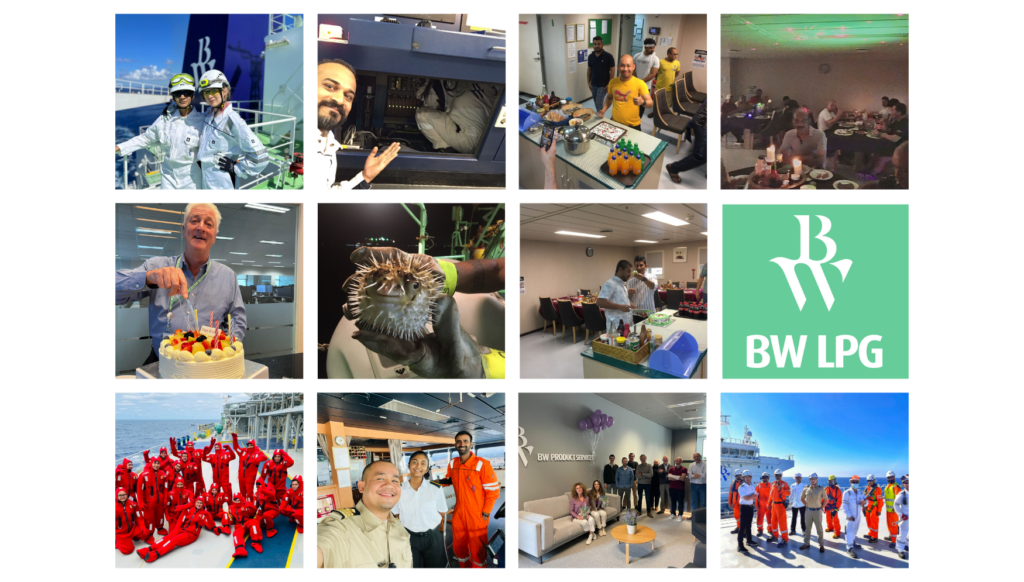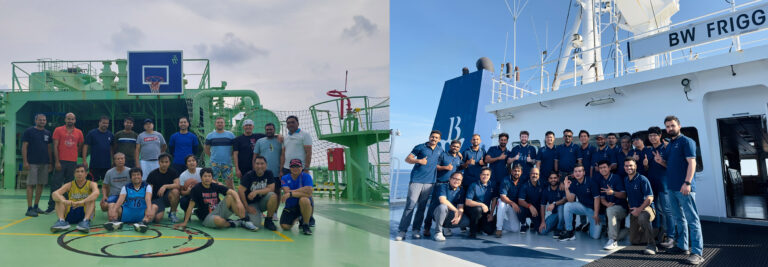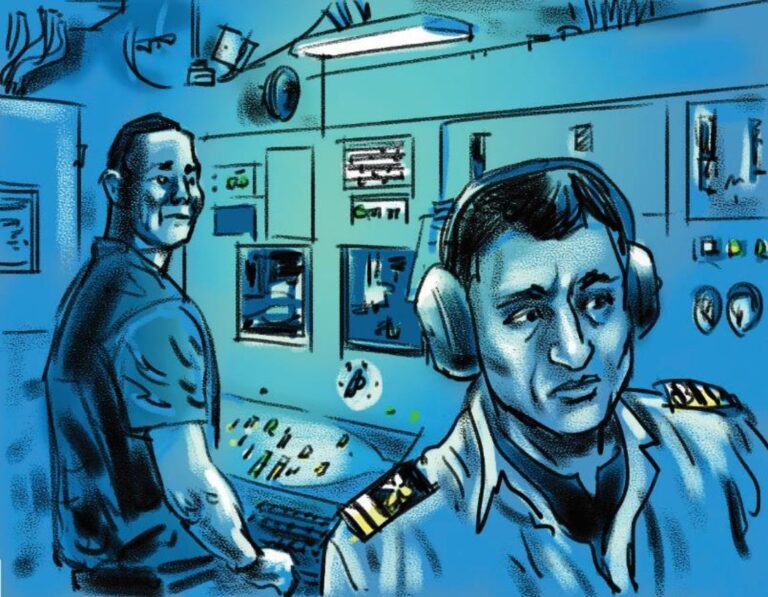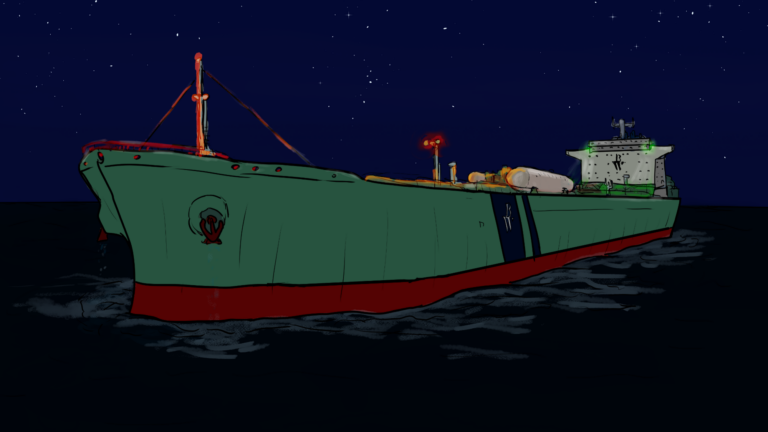Mental Health is just as important as Physical Health for Zero Harm at Sea and on Shore

In Q2 of our year-long Safer Together Zero Harm Campaign, we focused on mental health and learnt ways we can care for ourselves and our teammates. Just as we issue Stop Work Orders when we see something unsafe, we can Stop, and work something out together. This is the power of teamwork.
As Easy As A-B-C
In the first quarter, BW LPG launched its Safer Together Campaign with a focus on how safety can be as easy as A-B-C. Four safety topics would be discussed over 12 safety meetings, following a quarterly cadence and using safety tools we already know. Read about it here. In the second quarter, we focused on mental health and its importance for Zero Harm onboard.
Mental and Physical Health for Zero Harm
A career at sea is a special one with unique challenges and opportunities. What is not unique, however, is the presence of work-related pressure, stress, uncertainties, and worries. We must acknowledge that when we feel negative emotions, this increases risk in our daily work. We must thus make it a priority to care for people and our mental health as much as we ensure physical safety.
How Can We Care?
Just like physical health, our mental health changes frequently. We may catch the flu or have a headache now and then, and similarly we may be feeling frustrated or uncertain at some points. There are also physical manifestations that we can see – a runny nose tells us a colleague may have the flu, or a usually chatty colleague is subdued and disinterested in casual conversations. However, unlike a runny nose or cough, it can be harder to detect when a teammate is facing a drop in mental wellbeing. What should we do?
Similar to eating a balanced diet and exercising regularly, we must invest time to increase our knowledge and reduce any shame in talking about mental health, and spend time talking and interacting with our teammates. Keeping mentally well onboard can be as easy as saying hi to teammates, sharing a laugh about daily work matters and celebrating occasions together.
Investing in Mental Well-being
To improve our mental health, we must focus on the areas that affect our state of mental health – having adequate rest and sleep, have positive social relationships to boost our emotional wellbeing, and have a healthy lifestyle and good diet.

At BW LPG, seafarers are encouraged to organise and participate in social events – basketball matches, photography contests are regular features in the annual fleet calendar. Internal engagement platforms such as BW@Work, and BW Wellness Program also help build a sense of belonging and connection. In Q2, the Wellness Team and HSEQ department held a joint initiative “Healthier Together, Safer Together” campaign, where seafarers can participate in a variety of activities to win points and vouchers. Ranging from sit-ups and jogging on deck, to team sports such as basketball and tug-of-war, as well as mental activities such as yoga and meditation, these activities aim to help seafarers care for themselves as well as their teammates.
On the Right Track
As the team onboard BW Frigg said so eloquently, “All smiles and laughter, a workday will zoom by faster”. All have committed to start each day with a smile, and to remind each other that they have each other’s backs. Read the case studies shared with our seafarers, and have a think about what you would do.
Case Studies – Quiet Seafarer, Silent Ship

Case Study 1 “The Quiet Seafarer”: The 3rd Engineer is known as a quiet guy who doesn’t stick out from the crowd socially. On the job he is professional and always positive. But those who work close to him have noticed a slight change in his behavior lately. He seems weary and tired when reporting for duty. He is more quiet than usual, and he has stopped coming to the social room in his spare time and does not want to see movies together like before. The Messman wonders why the 3rd Engineer leaves the mess without finishing his meal properly. This has happened several times lately, but when the Messman tries to joke and ask if the 3rd Engineer is on a diet, he does not respond. One day, the 2nd Engineer discovers that the 3rd Engineer has not responded to an alarm that went off in the engine control room during his watch. When asked, the 3rd Engineer can’t explain why he didn’t notice the alarm. The 2nd Engineer thinks his colleague seems unfocused while working.

Case Study 2 “The Silent Ship”: You have been sailing on the vessel for months now and generally you feel like this is a happy ship with good colleagues and leaders. But lately, several of your colleagues have had to extend their contracts and there is no immediate crew change in sight. People seem to be more tired and fed-up than normal. After dinner nobody is visiting the social rooms and there is little activity going on in general. Everybody stays in their cabins with shut doors. During work hours you sense the feeling of stress. The friendly small talk and laughter in the coffee breaks is almost absent. Many of your colleagues seem to be bad tempered and there is not much team spirit left in the group. It seems like everyone is left on their own.
You Are Not Alone
All vessels discussed the case studies during their regular safety meetings. They identified possible safety hazards because of compromised mental wellbeing and suggested possible ways forward. At the end of the meetings, the key takeaway was: always make sure that you talk to someone if you are feeling down, reach out if you see someone else struggling or if you are worried about a colleague.
You don’t have to be alone – help is just a chat, call, email or message away.
Corporate Communications thanks colleagues for their contributions with special mention to Chief Officer Vinay Kachvimath onboard BW Gemini for sharing the lighter side of life onboard BW Gemini and who was gentle with the pufferfish that was eventually released.

